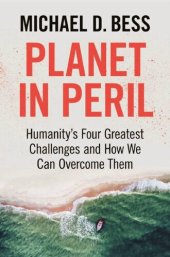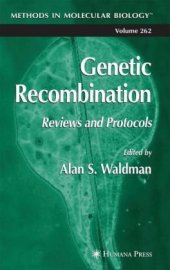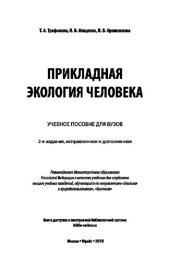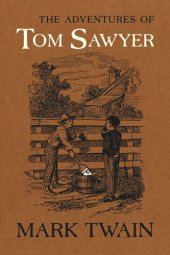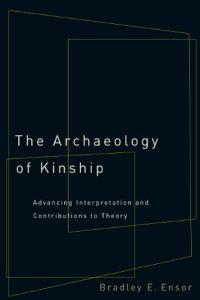
Ebook: The Archaeology of Kinship: Advancing Interpretation and Contributions to Theory
Author: Bradley E. Ensor
- Year: 2013
- Publisher: University of Arizona Press
- Edition: 2
- Language: English
- pdf
Archaeology has been subjected to a wide range of misunderstandings of kinship theory and many of its central concepts. Demonstrating that kinship is the foundation for past societies’ social organization, particularly in non-state societies, Bradley E. Ensor offers a lucid presentation of kinship principles and theories accessible to a broad audience. He provides not only descriptions of what the principles entail but also an understanding of their relevance to past and present topics of interest to archaeologists. His overall goal is always clear: to illustrate how kinship analysis can advance archaeological interpretation and how archaeology can advance kinship theory.
The Archaeology of Kinship supports Ensor’s objectives: to demonstrate the relevance of kinship to major archaeological questions, to describe archaeological methods for kinship analysis independent of ethnological interpretation, to illustrate the use of those techniques with a case study, and to provide specific examples of how diachronic analyses address broader theory. As Ensor shows, archaeological diachronic analyses of kinship are independently possible, necessary, and capable of providing new insights into past cultures and broader anthropological theory. Although it is an old subject in anthropology, The Archaeology of Kinship can offer new and exciting frontiers for inquiry.
Kinship research in general—and prehistoric kinship in particular—is rapidly reemerging as a topical subject in anthropology. This book is a timely archaeological contribution to that growing literature otherwise dominated by ethnology.
The Archaeology of Kinship supports Ensor’s objectives: to demonstrate the relevance of kinship to major archaeological questions, to describe archaeological methods for kinship analysis independent of ethnological interpretation, to illustrate the use of those techniques with a case study, and to provide specific examples of how diachronic analyses address broader theory. As Ensor shows, archaeological diachronic analyses of kinship are independently possible, necessary, and capable of providing new insights into past cultures and broader anthropological theory. Although it is an old subject in anthropology, The Archaeology of Kinship can offer new and exciting frontiers for inquiry.
Kinship research in general—and prehistoric kinship in particular—is rapidly reemerging as a topical subject in anthropology. This book is a timely archaeological contribution to that growing literature otherwise dominated by ethnology.
Download the book The Archaeology of Kinship: Advancing Interpretation and Contributions to Theory for free or read online
Continue reading on any device:

Last viewed books
Related books
{related-news}
Comments (0)
